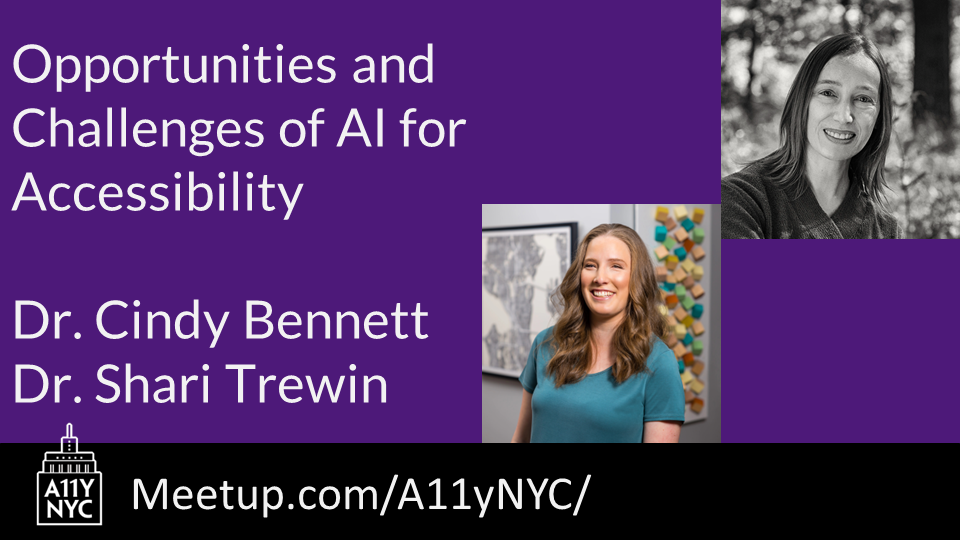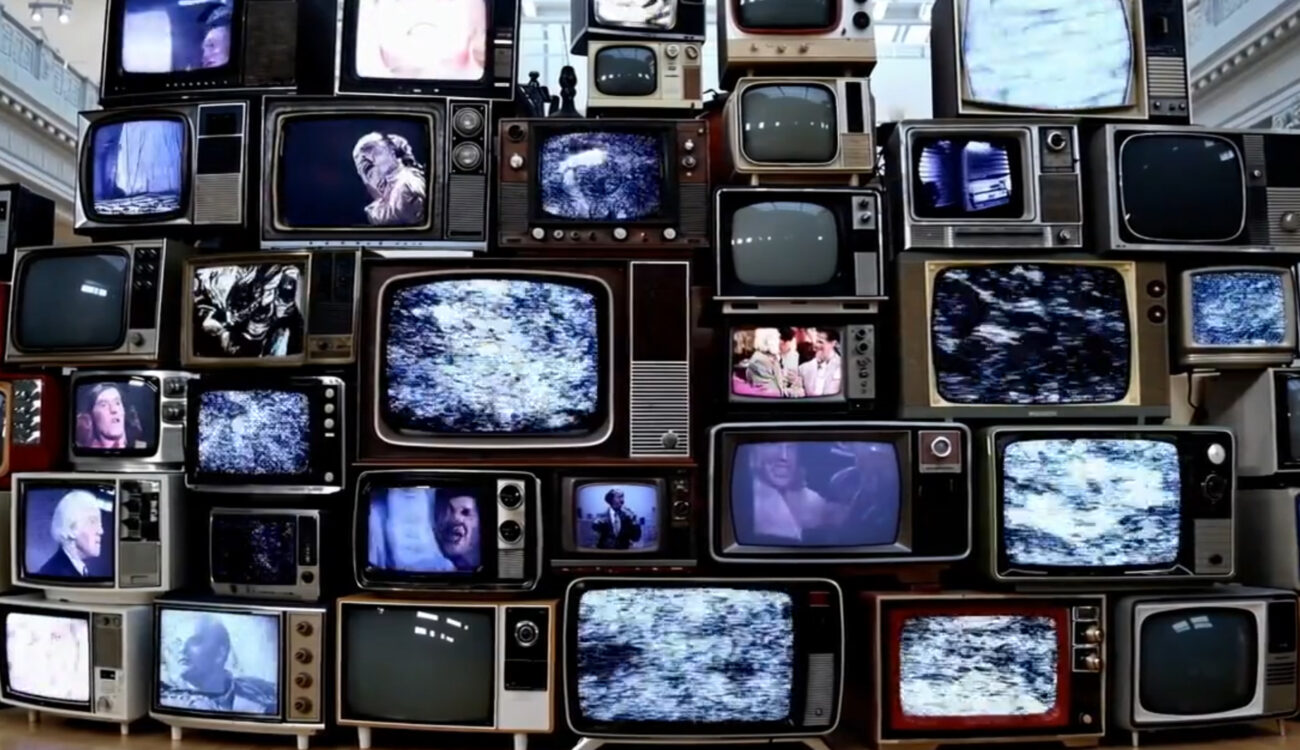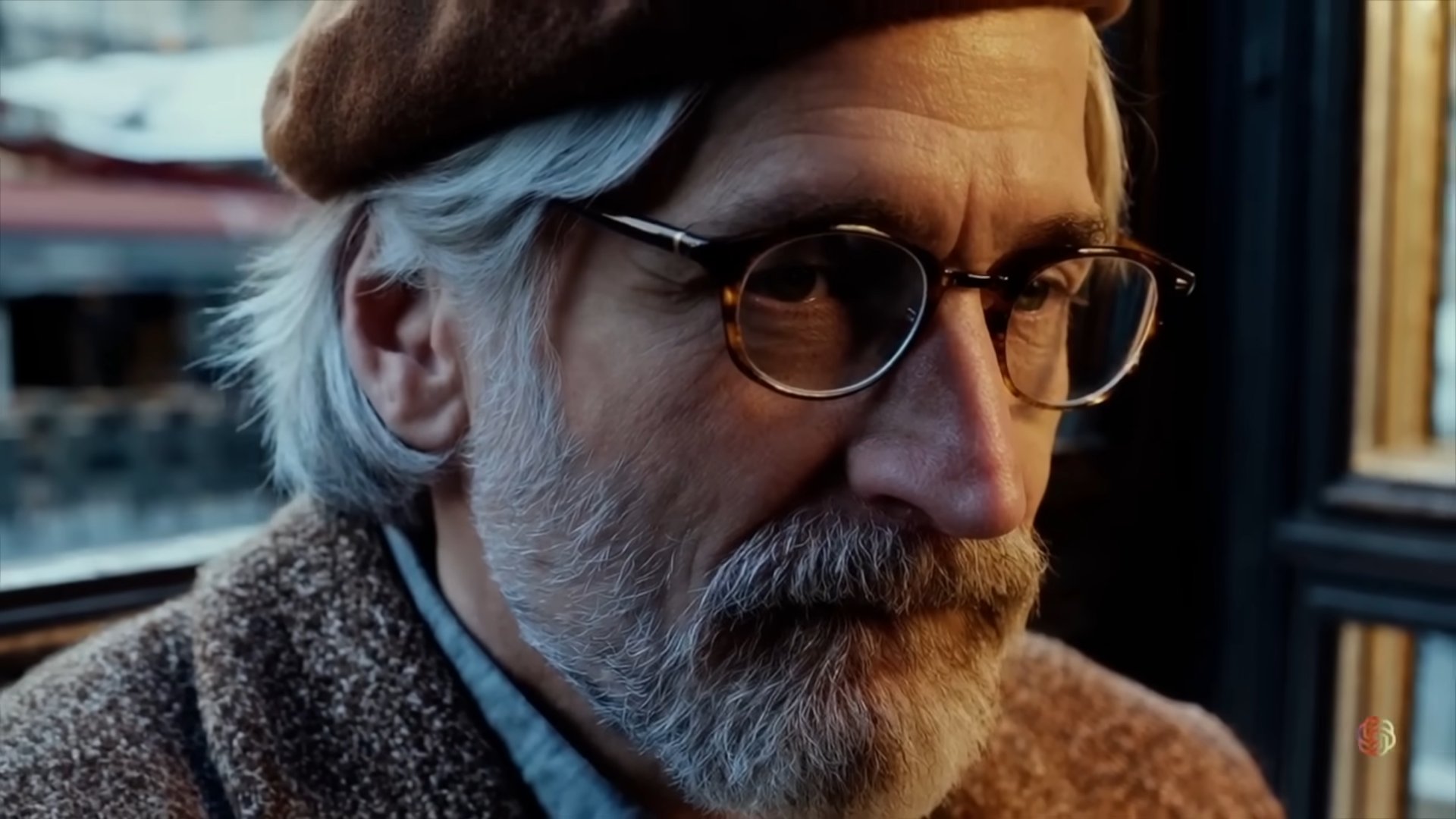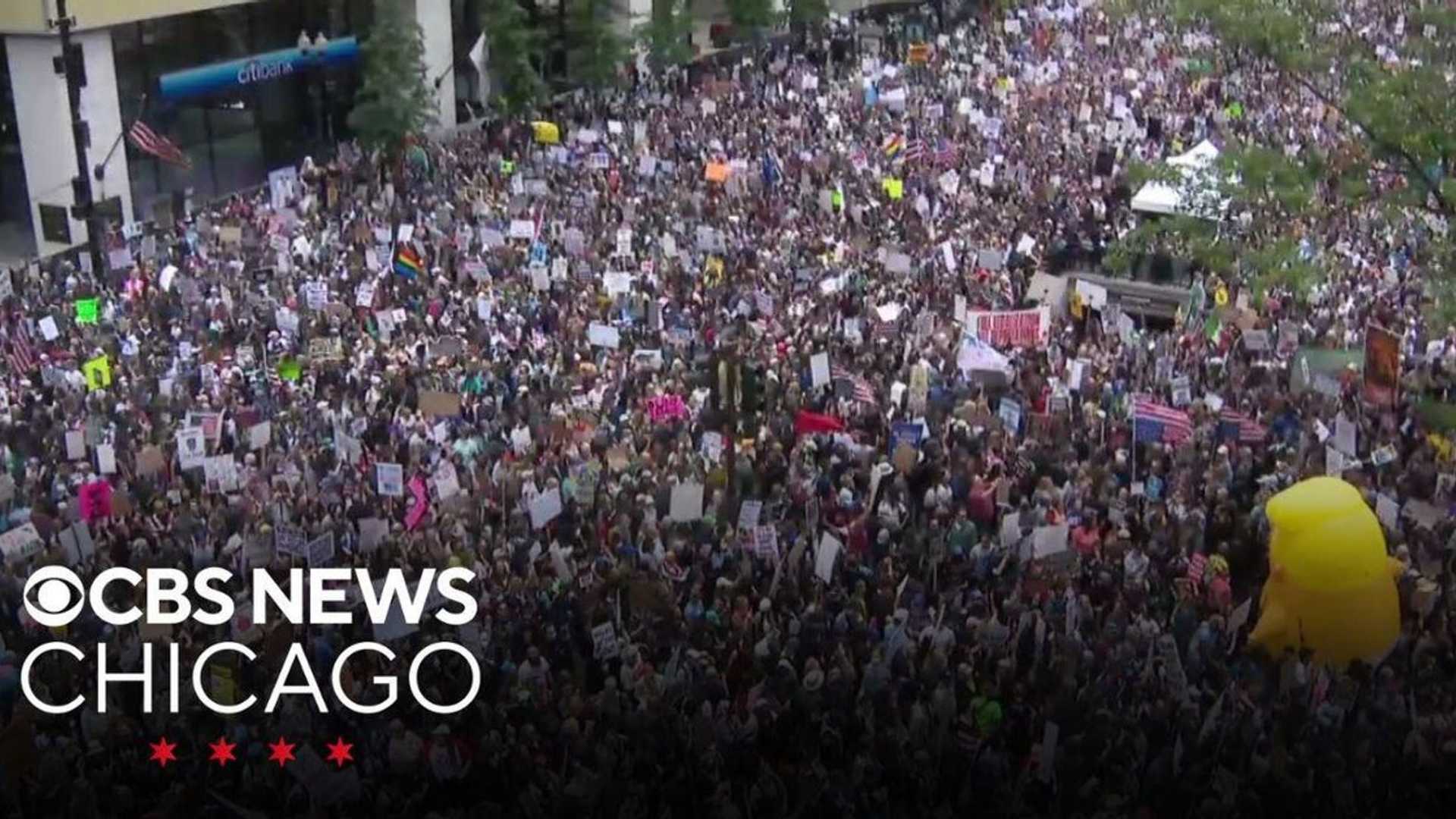YouTube Training Data and AI Video Models: Did Google Reveal ...
A simmering tension has emerged between tech titans Google and Microsoft-backed OpenAI, with YouTube content at the center of the dispute. Google CEO Sundar Pichai hinted at potential action if OpenAI’s video-generating AI model, Sora, was trained on YouTube training data without proper permission.
This controversy stems from OpenAI’s Chief Technology Officer, Mira Murati, expressing uncertainty about the source of Sora’s training data. While Murati confirmed using publicly available and licensed data, a report by The New York Times revealed the potential use of over a million hours of transcribed YouTube videos. This raises copyright concerns, echoing lawsuits filed against OpenAI by The New York Times and the Authors Guild for allegedly using copyrighted material without authorization.

Ethical Considerations in AI Development
Pichai, tight-lipped on specifics, emphasized Google’s clear terms of service and established processes to address potential violations. He highlighted Google’s upcoming AI model, Veo, which offers similar video creation capabilities, but with a controlled access system.
This clash comes amidst a rapid advancement in AI technology. OpenAI unveiled GPT-4o, promising realistic voice conversations through its ChatGPT app. Google countered by showcasing Project Astra, an upcoming feature for its Gemini chatbot that grants similar multimedia chat functionalities. Both companies are vying for dominance in the AI space, each confident in their approach.

Accessibility and Responsibility in AI
While OpenAI claims an early access program for its voice mode, Pichai asserts that Google’s Project Astra will be readily available later in the year for its Gemini users. Google’s commitment to accessibility extends beyond its own platforms. Despite speculation about integrating Gemini with iPhones, Pichai reassured the public about Google’s strong partnership with Apple.

He emphasized their focus on delivering exceptional experiences for the Apple ecosystem, citing the popularity of AI Overviews on iOS devices during testing.
Challenges in AI Development
The battle between Google and OpenAI is not just about technical prowess – it’s about ethical considerations and user accessibility. As AI continues to evolve, the question of responsible data usage and ensuring widespread adoption will remain paramount.
The potential copyright infringement surrounding YouTube training data in OpenAI’s training raises critical questions about the ethical boundaries of AI development. While the sheer volume of publicly available data is undeniable, the murky line between “public” and “fair use” necessitates stricter regulations.




















